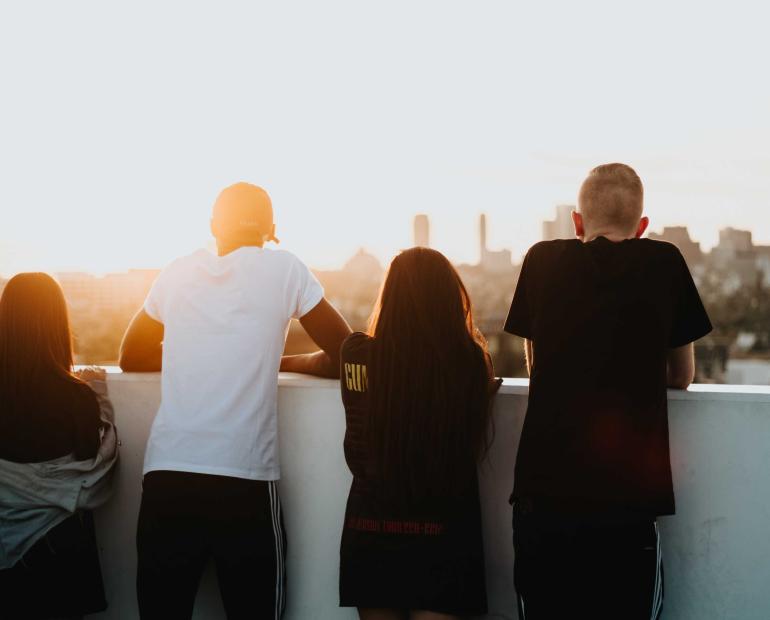

When young people are educated they are more likely to be aware of their rights and better able to make sure that these rights are respected. At the same time, education provides young people with vital skills and critical thinking and confidence, creating a healthy basis for everyone to succeed in life.
Besides formal education, such as education provided by schools and universities, there are other forms of education that become increasingly more relevant. Non-formal education, for example, entails education that is being provided by youth organizations, out-of-school clubs and e-courses. Informal education happens while discussing with friends and family or surfing the Internet.
Unfortunately, not every child and young person around the world has access to education. Some families are too poor to send their children to school, while other young people aren’t able to go to school due to safety concerns such as sexual harassment, violence or bullying. Some youth living in remote areas have no access to the Internet, while others don’t have access to educational facilities due to conflict or natural disasters. Too many girls are denied education due to local traditions, while other girls can’t attend school due to early pregnancies.
As education is a human right, it’s everyone’s responsibility to advocate for accessible and affordable education for all!